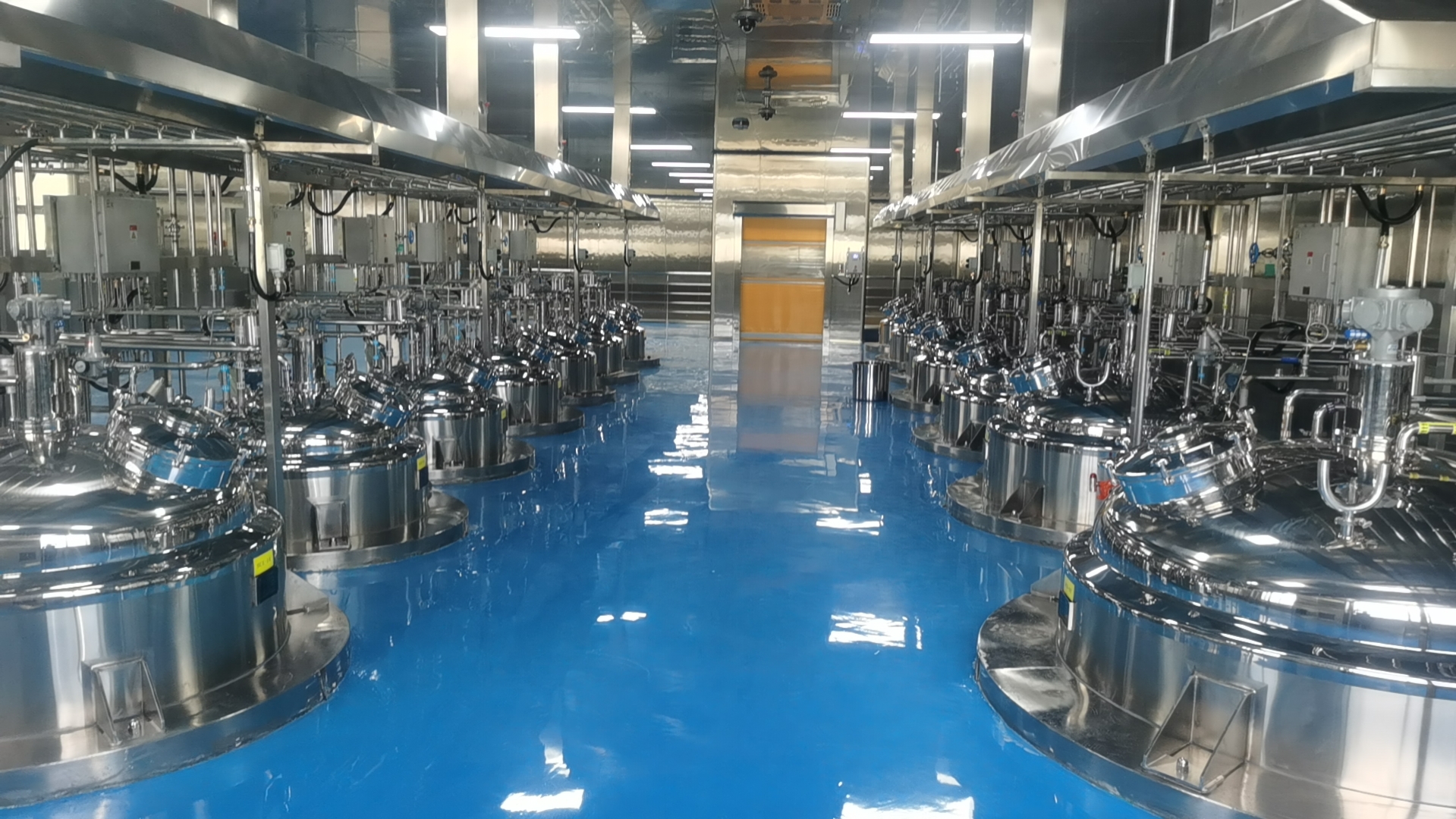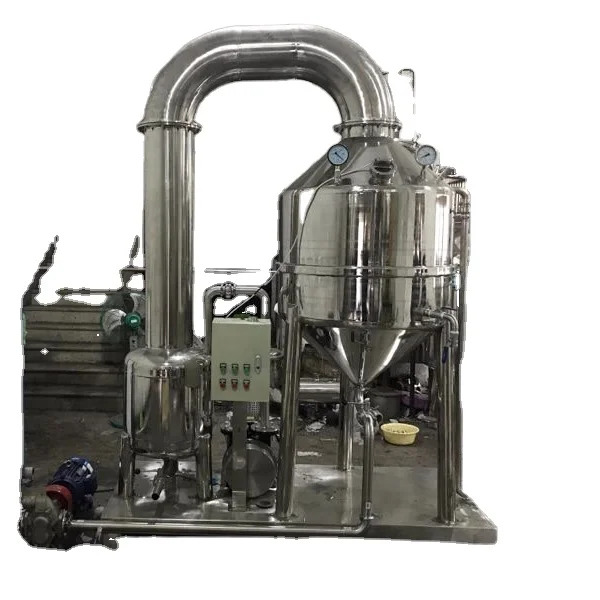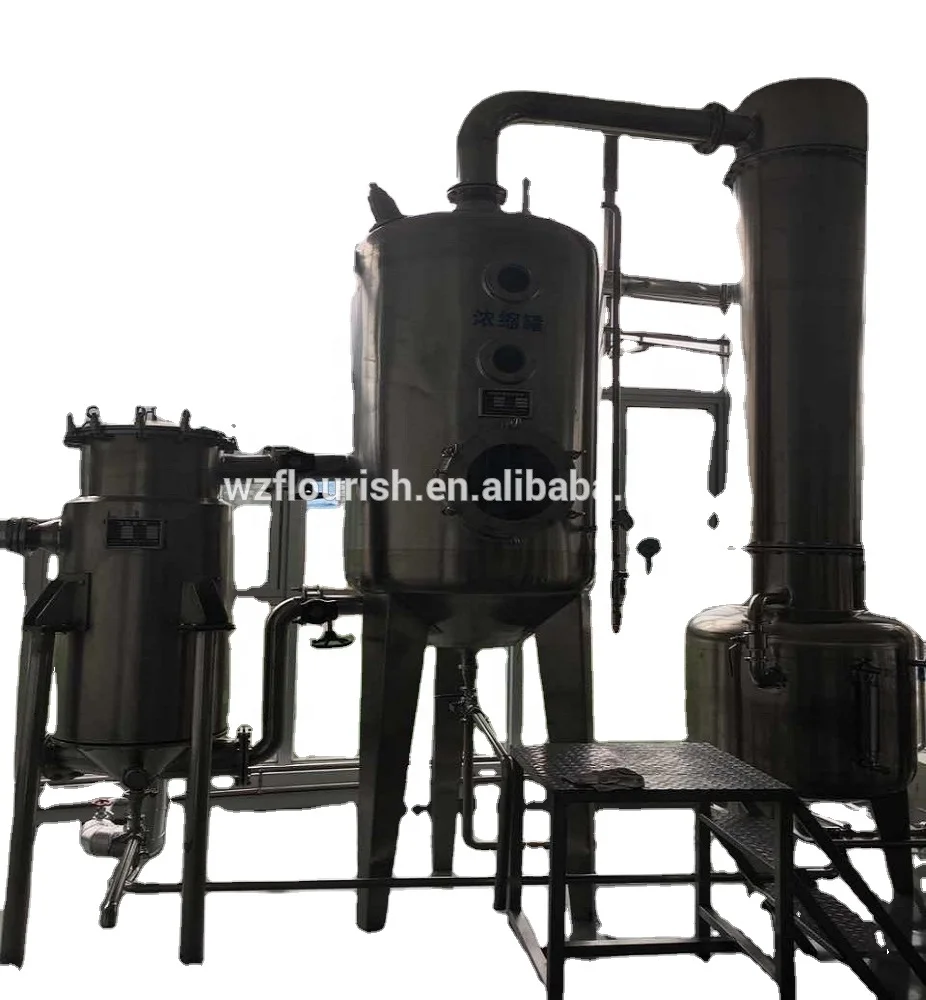
ABOUT
Wenzhou Vince Machinery Science Co., Ltd. was established in early 1980s. Our company covers an area of 6500 square meters and is an independent legal representative firm, possessing rich economic technology strength. Our company is a high tech enterprise and plays an important role in national dairy, foodstuff, pharmacy and machinery industries. We are a beverage machinery supplier.
Since the establishment, our company has mainly engaged in dairy products, foodstuff, beverage machinery, bean products, yellow wine, medicines and fermentation projects. What's more, our company supplies a complete sequence services in manufacturing, installation, test and personnel train, as well as the whole direction service design and consulting service on product project construction or enlargement artistic distribution engineering sets budget.
Durable Stainless Steel Mixing Tanks
Superior Material Properties
The core strength of durable stainless steel mixing tanks lies in the material itself. Stainless steel, particularly grades like 304 and 316, offers exceptional corrosion resistance. This is vital in applications involving corrosive chemicals or acidic materials, preventing contamination and extending the lifespan of the tank significantly. The non-reactive nature of stainless steel also safeguards the integrity of the mixed products, preventing unwanted chemical reactions or leaching of metallic ions.
Furthermore, stainless steel's inherent strength and durability allow these tanks to withstand considerable pressure and stress, ensuring longevity even under demanding operational conditions. This ruggedness minimizes the risk of leaks, spills, and costly downtime associated with tank failure.
Design Flexibility and Customization
Durable stainless steel mixing tanks are available in a multitude of configurations to suit diverse processing needs. Size, shape, and capacity can be tailored to the specific requirements of the application. Manufacturers offer various options including jacketed tanks for temperature control, mixing impellers optimized for specific viscosities, and different types of inlets and outlets for efficient material handling.
Customization extends beyond basic dimensions. Features such as level sensors, pressure gauges, and automated control systems can be integrated for precise monitoring and control of the mixing process, enhancing efficiency and minimizing human error. These customizable options allow businesses to precisely match the tank's capabilities to their unique production requirements.
Hygiene and Cleanability
In industries where hygiene is paramount, such as food and pharmaceutical production, the smooth surfaces of stainless steel tanks are a critical advantage. The absence of crevices and porous materials minimizes the risk of bacterial growth and contamination, making cleaning and sterilization significantly easier. This ease of cleaning contributes to improved product safety and regulatory compliance.
Many stainless steel mixing tanks are designed with features specifically to aid cleaning, including rounded corners and easily accessible internal surfaces. This design, combined with the material's resistance to cleaning agents, simplifies the sanitation process, ensuring consistent hygiene standards.
Cost-Effectiveness in the Long Run
While the initial investment in a durable stainless steel mixing tank might seem higher than that of less robust alternatives, the long-term cost benefits are considerable. The extended lifespan, reduced maintenance needs, and minimized risk of contamination translate to significant cost savings over the tank's operational lifetime. This makes it a sound investment for businesses prioritizing operational efficiency and long-term profitability.
The robust nature of these tanks also contributes to reduced downtime, as repairs and replacements are infrequent. This reliability ensures consistent production and minimizes disruptions to the overall manufacturing process, ultimately maximizing return on investment.
SUBSCRIBE
INQUIRY





